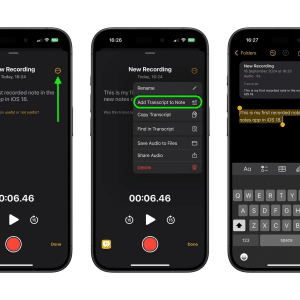Updating a current device to a new version of iOS has traditionally often resulted in a slight deterioration of speed and performance. However, the press have good things to say about how iOS 10 shapes up even on particularly old supported devices like 2012’s iPhone 5.
Ars Technica’s Andrew Cunningham notes that, while the iPad 2 and iPhone 4S, both released in 2011, “really struggled” with iOS 9, the new version of iOS “moves the baseline performance level way up” – with the result that, from his own experience of testing, “on something like a dozen different iPhones and iPads, … overall performance and stability have been comparable to iOS 9.”
Similarly, The Wall Street Journal’s Geoffrey A. Fowler reveals his discovery, having tested iOS 10 on all four generations of supported iPhones, that the software “only slows down key functions a bit, if at all”, while he also found “no significant impact on battery life.”
It’s fair to say that the iPad 2 and iPhone 4S, neither of which are eligible for iOS 10, date from a time when both product lines were still in their infancy, with a wealth of obvious tweaks and improvements still waiting to be made. As the iPhone and iPad lines have matured, however, we have seemingly seen a shrinking technical gulf between the newest and oldest devices supported by Apple – meaning more consistent performance with the latest updates.












